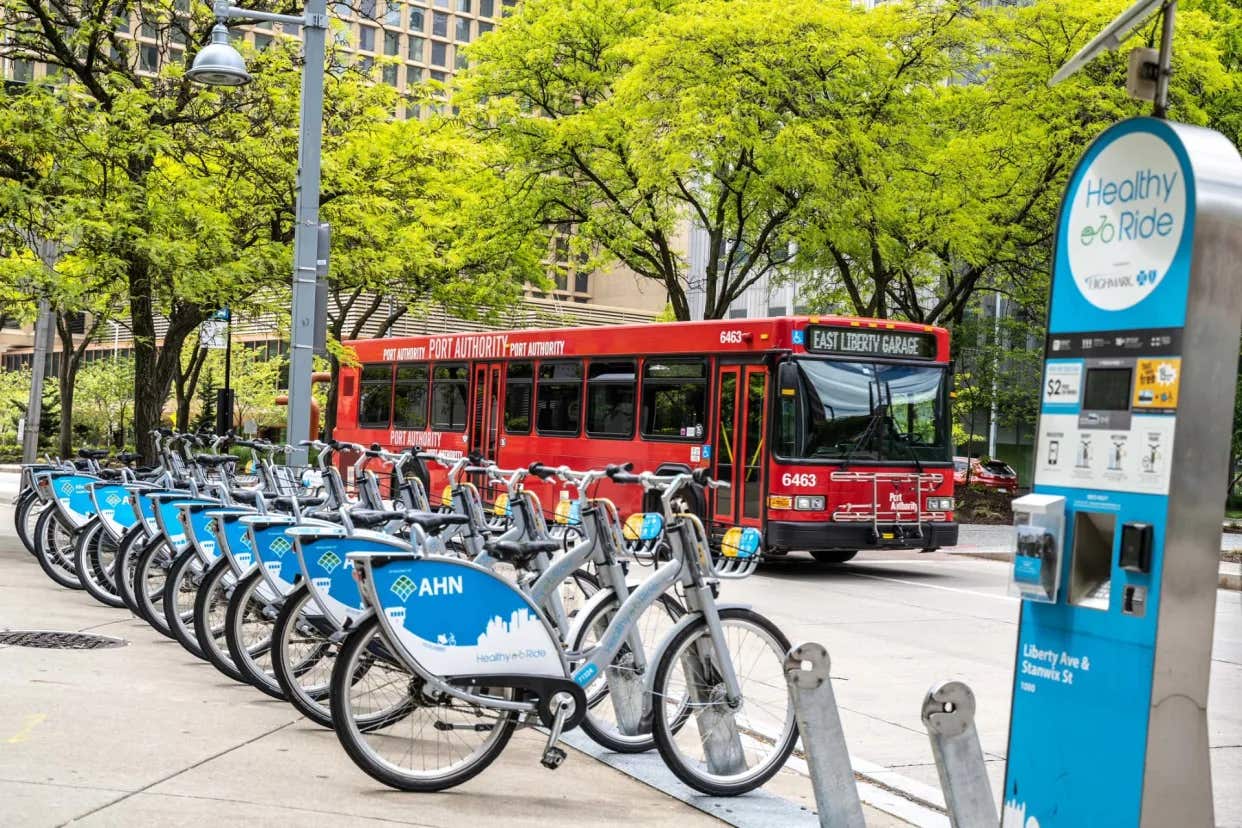Car-free living can significantly boost your health and well-being, study finds
Transportation makes up more than a quarter of the UK’s emissions, with the largest contributor being cars.

The findings show that day-to-day transport emissions were slashed by 53% on average, with some participants virtually eliminating their CO2 emissions from transport. (CREDIT: Creative Commons)
Participating in a three-week car-free challenge has significantly boosted the health and well-being of Oxford residents, according to research from The University of Bath’s Centre for Climate Change and Social Transformations (CAST), in partnership with climate charity Possible and Low Carbon Oxford North (LCON).
The study revealed that 10 out of the 12 participants who gave up their cars for three weeks plan to continue reducing their car use. The findings show that day-to-day transport emissions were slashed by 53% on average, with some participants virtually eliminating their CO2 emissions from transport.
One of the most striking outcomes was that 3 out of the 12 participants decided to make significant lifestyle changes, such as giving up their cars completely. Many reported improved health and well-being, a stronger connection with their local environment and community, and a sense of accomplishment from contributing to air pollution and climate change reduction. Some also noted financial savings.
The project underscores the importance of support, such as accessible travel information and peer encouragement, in promoting lasting change. The report identifies several barriers to car-free living encountered during the project and offers recommendations for national and local governments. These include ensuring reliable, affordable, and accessible public transport, investing in safe cycling infrastructure, and providing appropriate accommodations for residents with mobility challenges.
Dr. Claire Hoolohan, a co-investigator at CAST, emphasized the impact of cars on emissions: “Transport is the largest emitting sector in the UK, and cars contribute significantly to overall emissions. Shifting from cars to public transport and active travel is one of the most effective ways to reduce emissions.
“This experiment allows people to experience life without a car while maintaining their usual activities. The project demonstrates many benefits, including a sense of connectedness to the outside world, more social opportunities, more time to relax, and greater autonomy. It also highlights the substantial societal changes needed to enable car-free living. Improving local infrastructure for active travel, making public transport services accessible and affordable, and offering wrap-around support such as training, financial aid, and repair services for those new to traveling without a car are essential.”
The car-free challenge took place in March 2024, funded by the Foundation for Integrated Transport (FIT) and Oxfordshire County Council’s Councillor Priority Fund.
The initiative showcases how a temporary change can lead to long-term benefits. Participants found that reduced car use led to better physical health and a deeper connection to their surroundings. Additionally, the social aspects of walking or cycling—such as greeting neighbors or noticing local wildlife—enhanced their sense of community and well-being.
The research also highlights that while individual efforts are crucial, systemic changes are necessary to support widespread adoption of car-free living. This includes investing in infrastructure that makes walking, cycling, and using public transport more convenient and safe. Government support in the form of policy changes and funding can create an environment where reducing car use is not only feasible but also attractive.
By embracing alternative modes of transport, individuals can experience numerous benefits, from personal health to community engagement, all while helping to address the pressing issue of climate change.
Note: Materials provided above by the The Brighter Side of News. Content may be edited for style and length.
Like these kind of feel good stories? Get the Brighter Side of News' newsletter.



